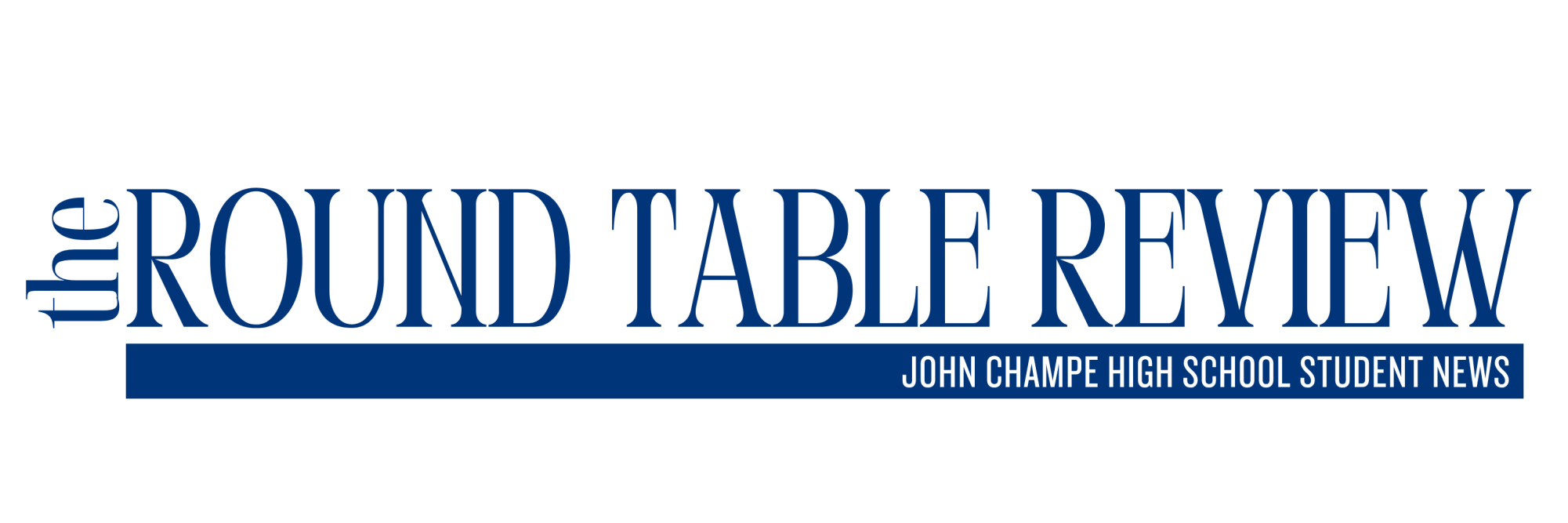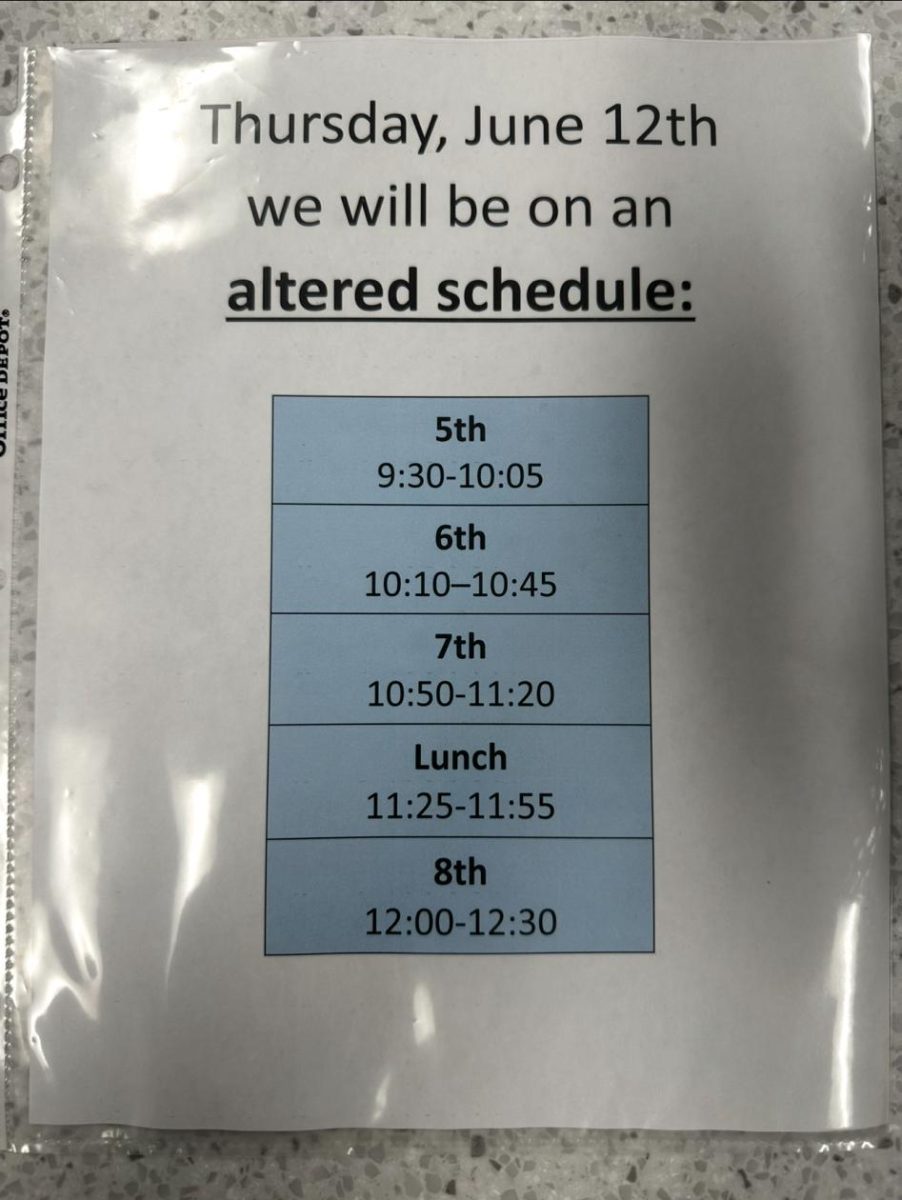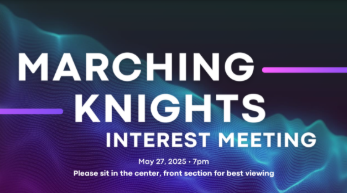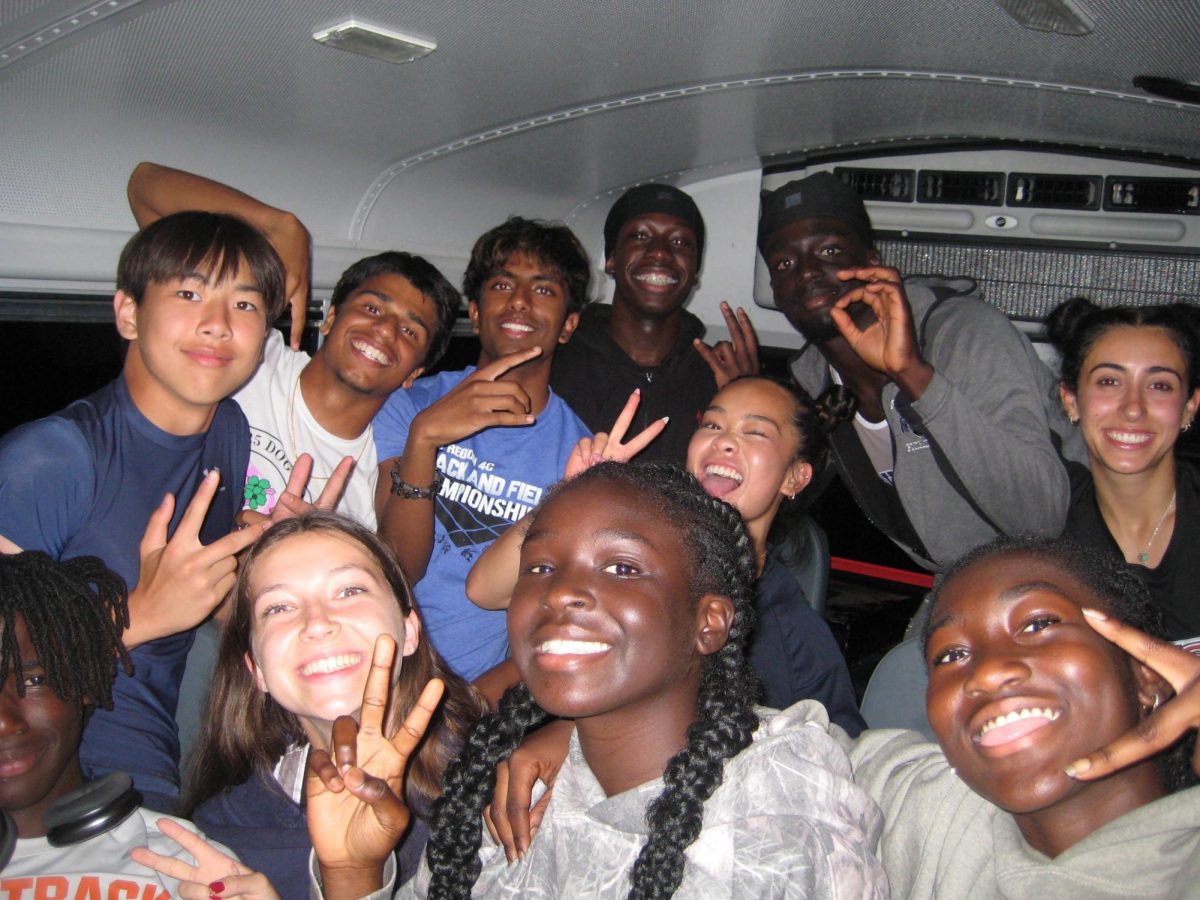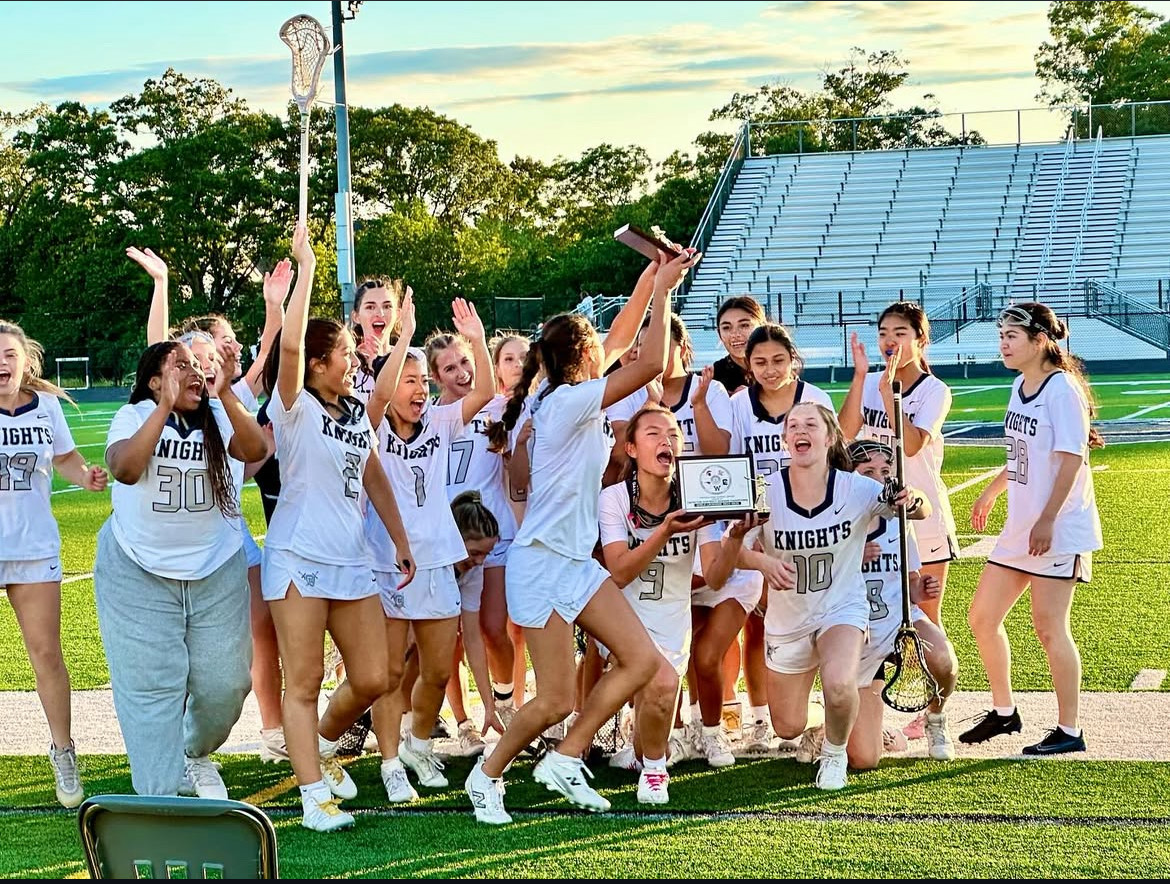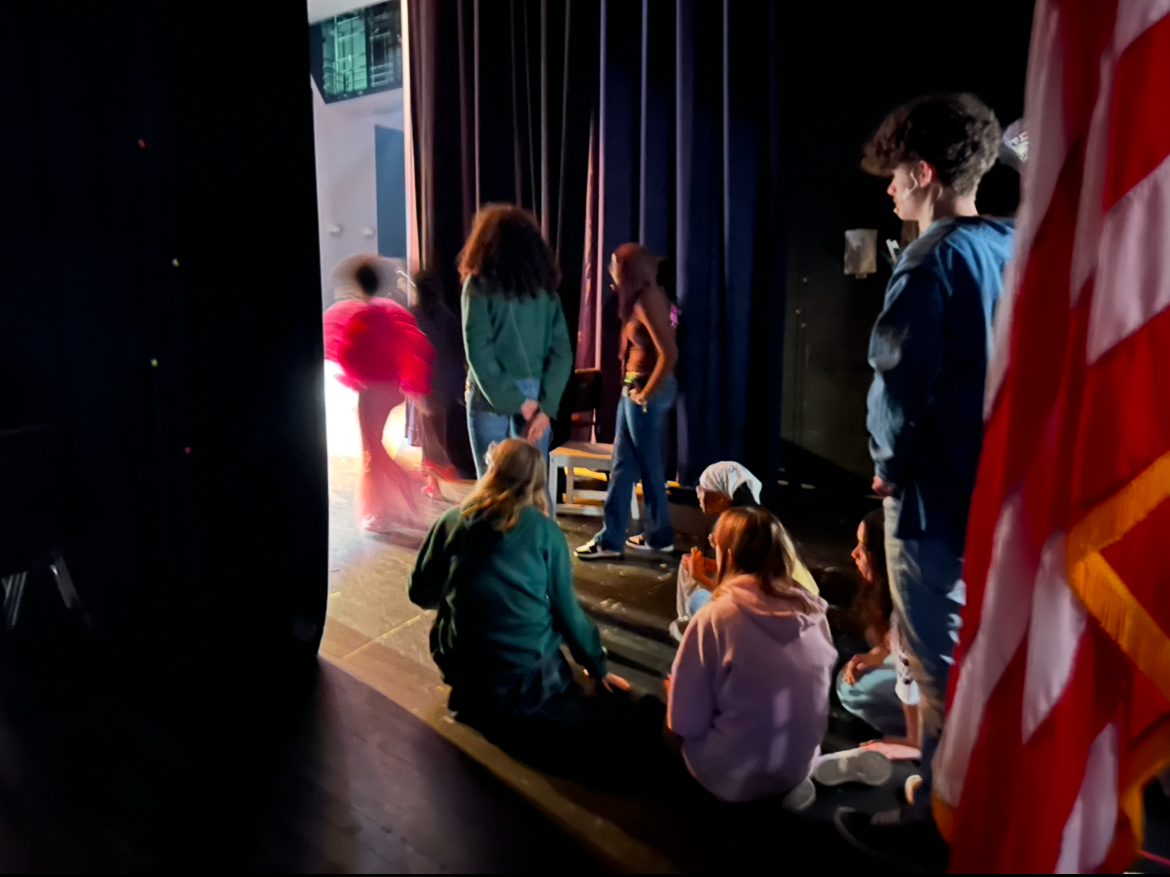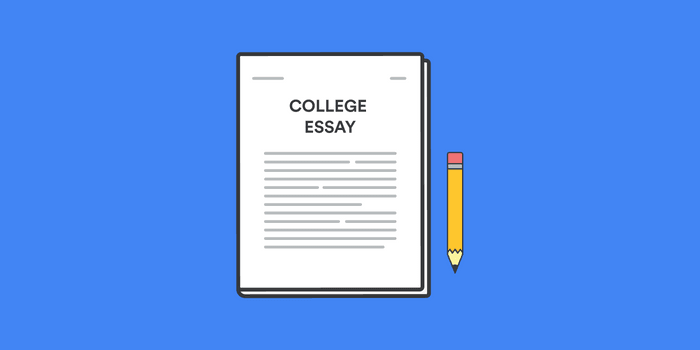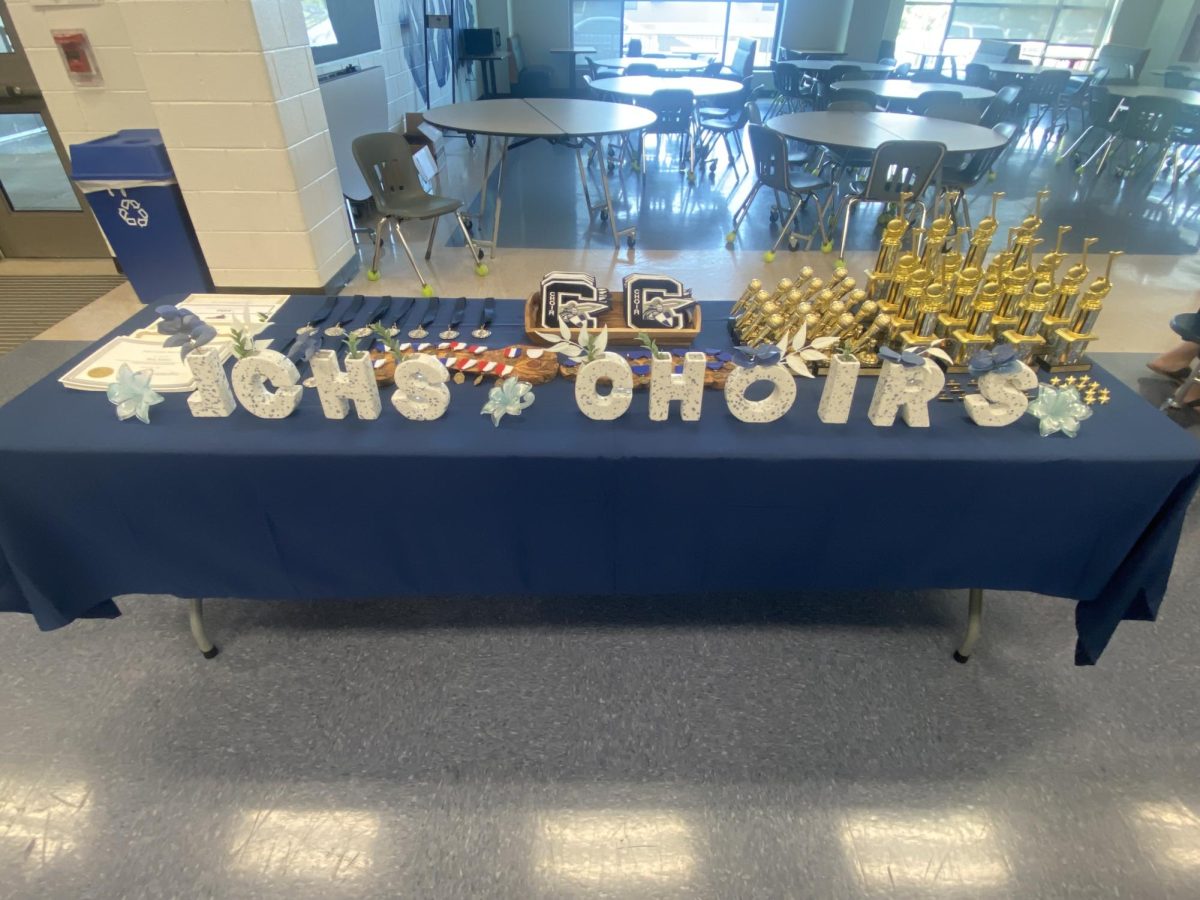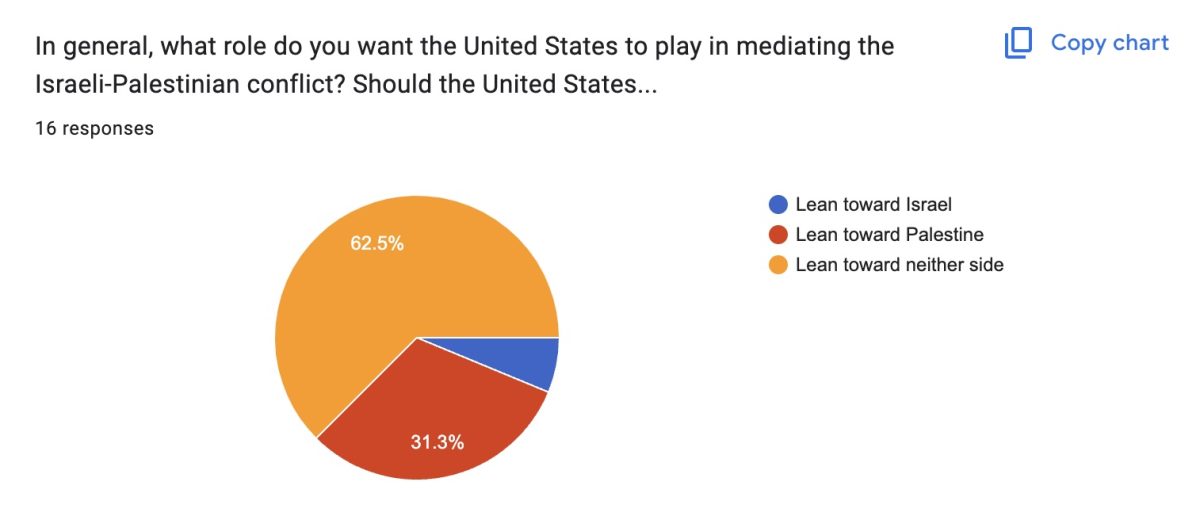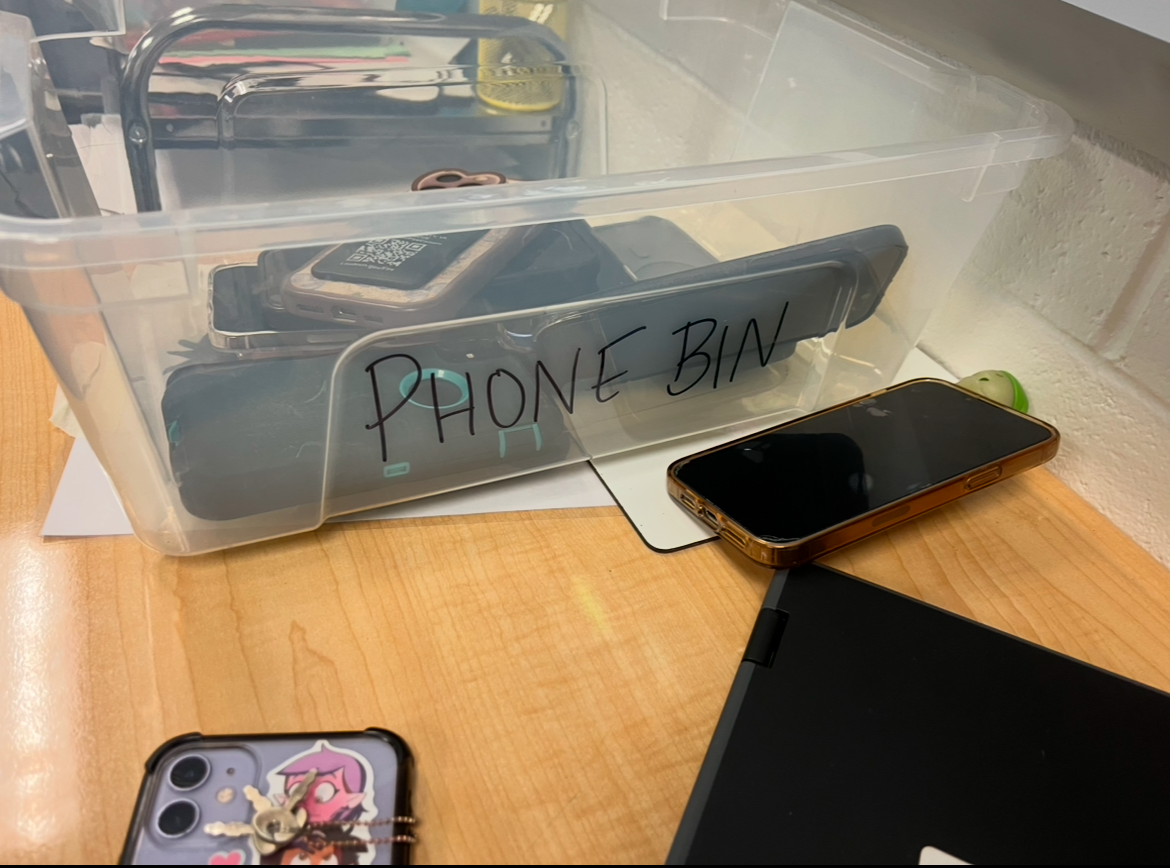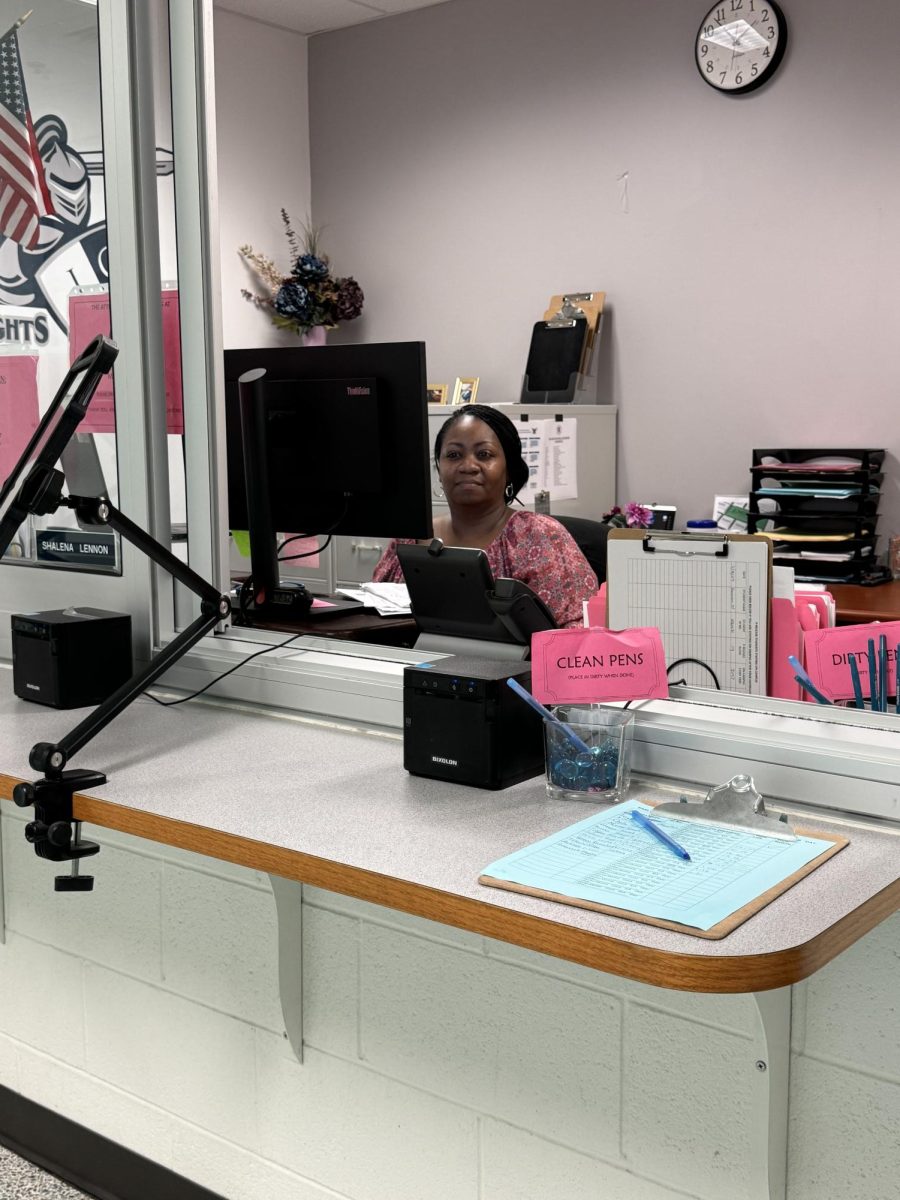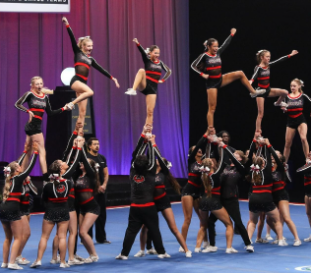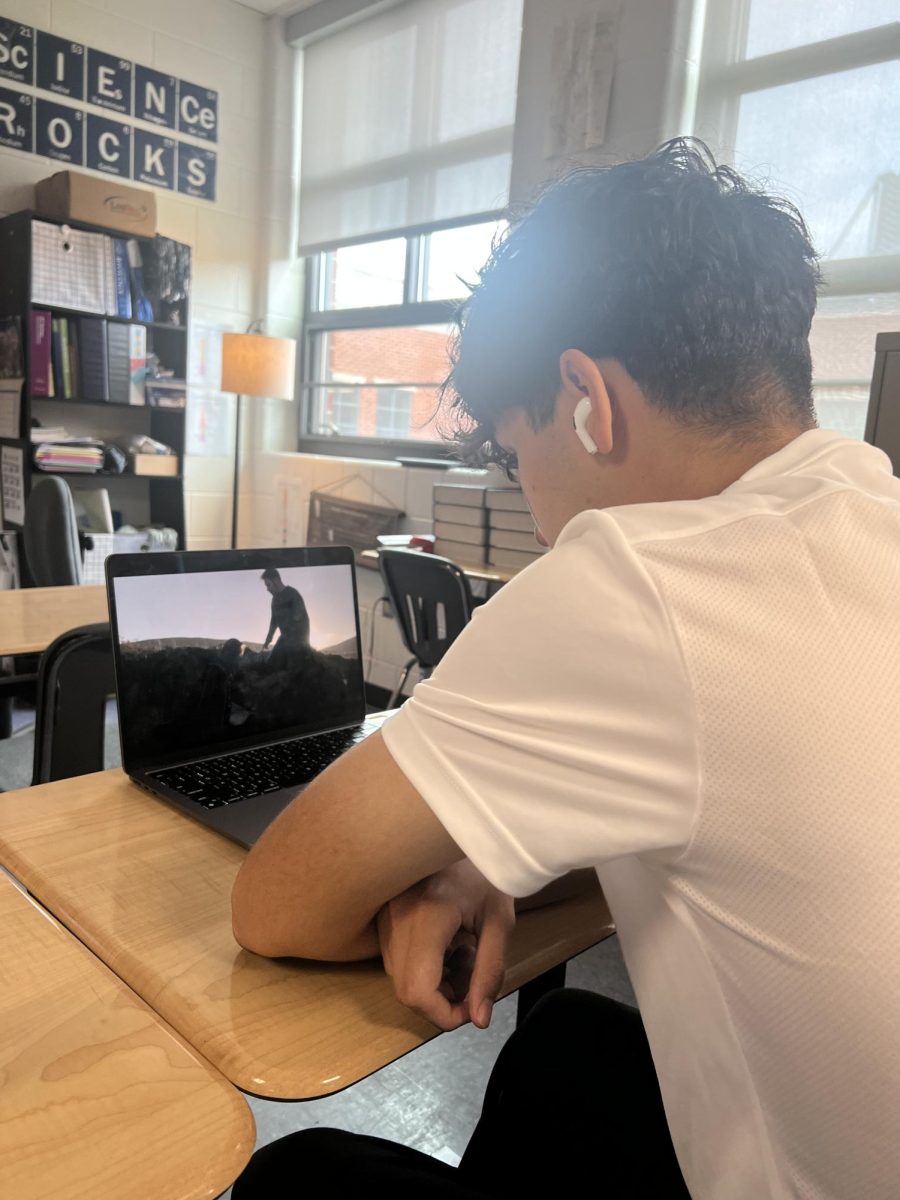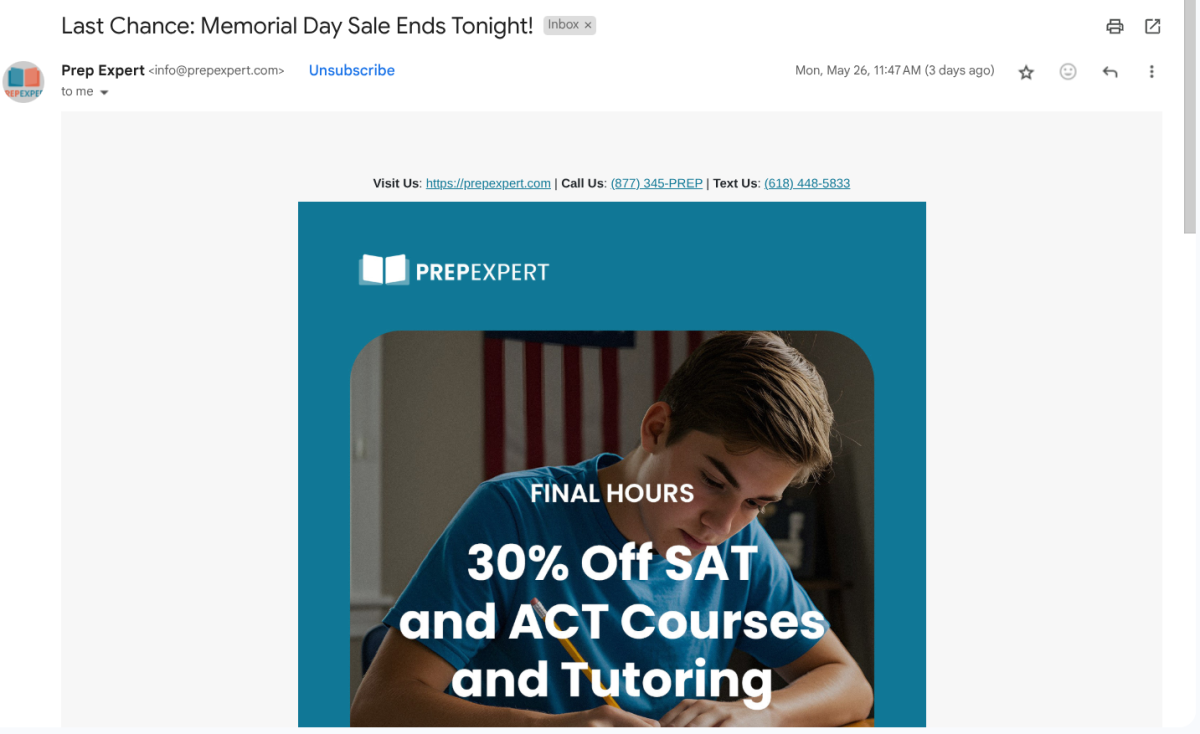The SOLs are coming up and students and staff are all preparing for the state-wide exam. However, while the staff is preparing their before and after school tutoring, students may already be using AI to help them prepare.
“The impact of AI will depend on how students have used it. If AI has been used to get summaries of topics or basic formulas to help students get started. Then AI will have enhanced their overall learning, leaving them better prepared for assessments,” math teacher Andrea Weaver said. “But if students have skipped practice, choosing instead to copy the work of AI, they will ultimately find themselves without the skills to be successful on their exams, and unprepared to move forward in their sequential learning. So the impact will depend on how they use AI.”
Weaver implies that the effectiveness of AI is solely dependent on how the student uses it. If students simply use AI rather than even attempt their work, they will not gain the necessary skills for an actual test. In the reverse scenario where the student uses AI to simply build up their understanding of a topic, then it will be useful as it does not entirely take away from the learning process. Aside from AI’s use in enhancing students’ understanding of a subject, it can also as previously mentioned reduce a student’s capabilities, which is a large reason why teachers emphasize the importance of tutoring and study groups.
“Since I’m a freshman I have to take the SOL, so Mrs. Weaver’s study group is probably what I’m going to use to prepare,” said Freshman Farhaan Alizai, “I struggled a lot in some math units so the tutoring will probably help a lot and the extra credit that goes with it is a huge plus too.”
Mrs. Weaver’s study group is advantageous for multiple reasons, for starters it provides students with help in areas they struggle in. Additionally, the extra credit provides motivation for students to apply themselves during the study sessions. Lastly, these tutoring sessions allow students to collaborate with others, an effective way to reinforce learning. While the study group offered by Mrs. Weaver will be used by many, so will Artificial Intelligence at a much higher rate. Multiple studies have been conducted about the use of AI and its effects in the classroom.
“If misused or relied on too heavily, AI technologies could also harm students’ critical thinking and problem-solving capabilities,” said William J. Yin of Educause. “This highlights how important it is for teachers to craft questions and assignments that not only test knowledge but also stimulate deeper thinking and analysis.”
Yin provides a statement that explains the critical need for teachers to create assignments that challenge students to not only attempt to solve problems but also critically think and deeply analyze problems.
It will be interesting to see how AI affects student learning moving forward, but as of now, the only possible showing of its effects will be during the SOL, and the discrepancy in scores between those who did and didn’t use Artificial Intelligence during school. “It’s a brave new world,” Weaver said, “and it will ultimately be up to users, in this case, students, to decide how they will use AI”.
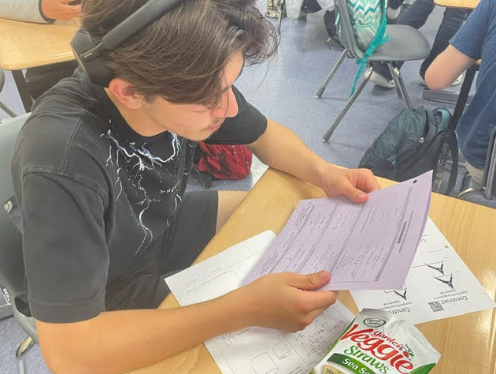
(Angad Gill)

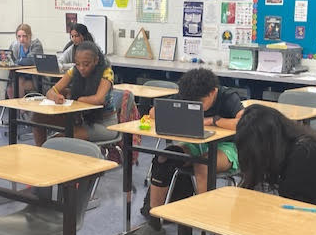
(Angad Gill)
